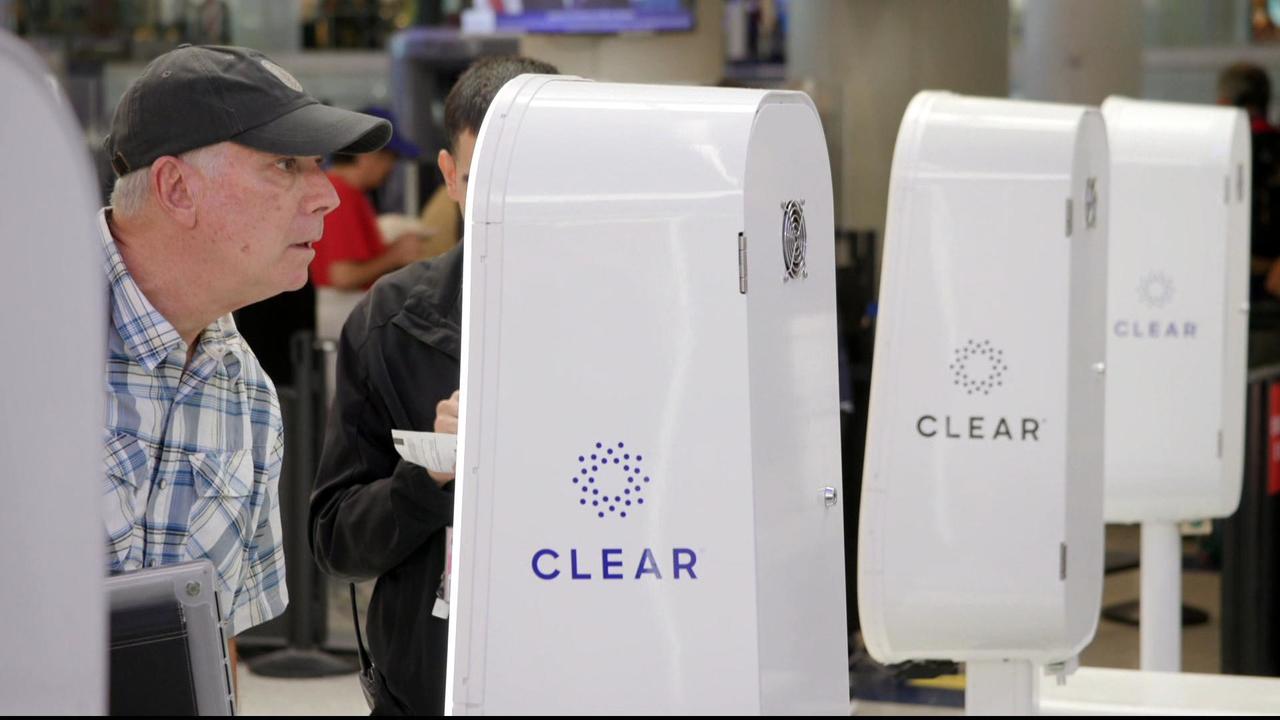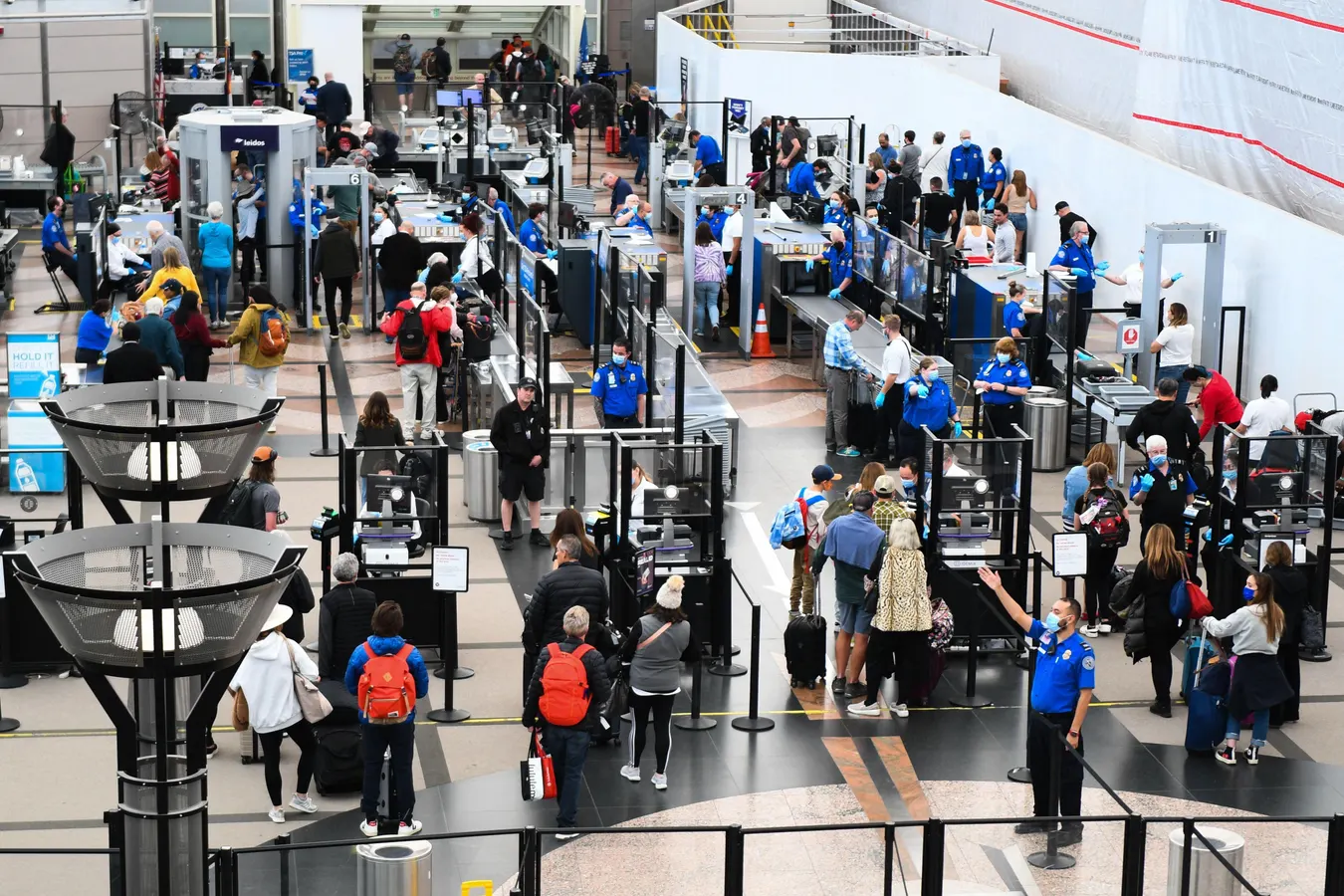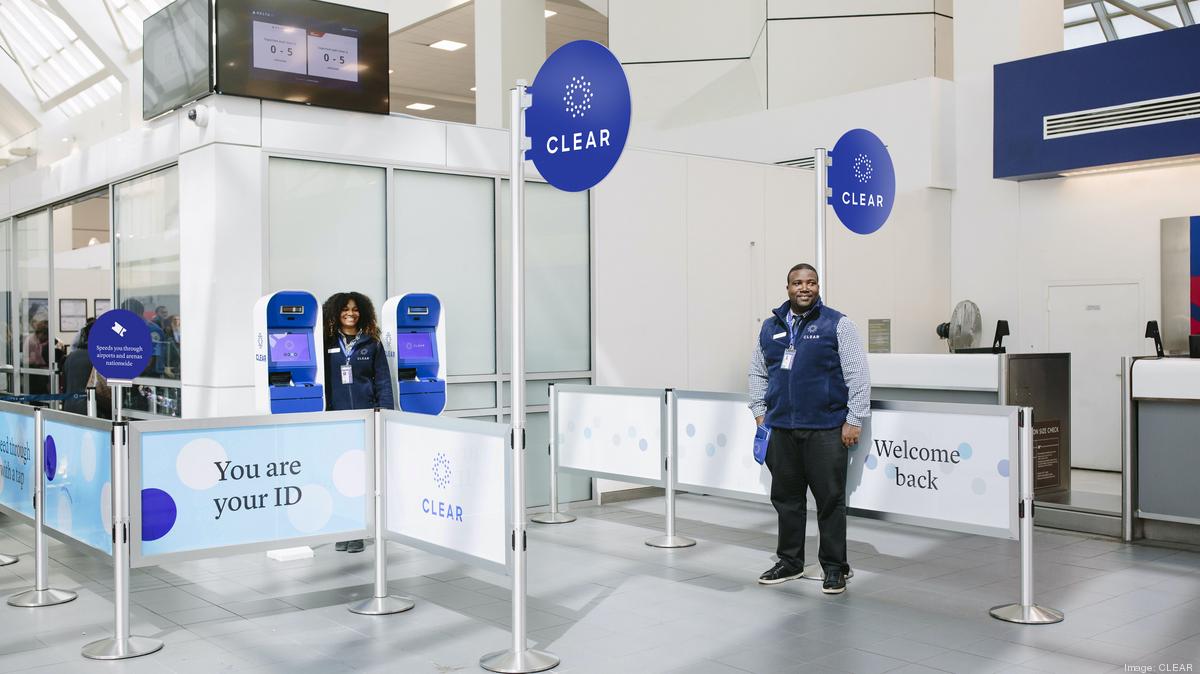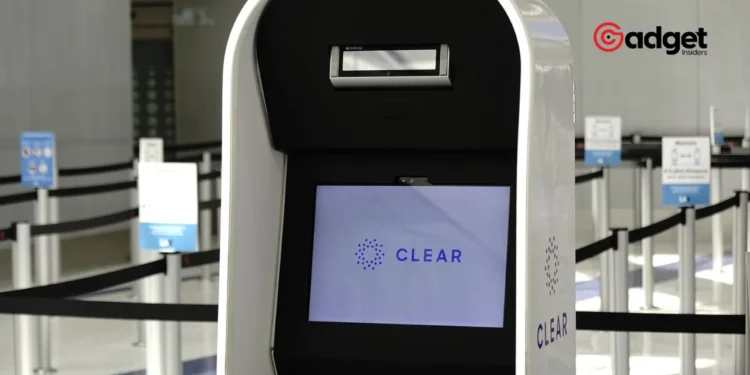California is making headlines with a groundbreaking proposal that could significantly change how travelers navigate airport security. The state is poised to become the first in the nation to ban Clear, a service that allows passengers to pay for expedited security clearance, thus igniting a fiery debate about fairness and privilege in air travel.

California: The Implications of Banning Clear
Introduced by Senator Josh Newman, the legislation aims to address the disparity between passengers who can afford premium services and those stuck in standard lines. Clear, known for speeding up the security process for its members, has become a symbol of inequality for some.
“It’s a basic equity issue when you see people subscribed to a concierge service being escorted in front of people who have waited a long time to get to the front of TSA line,” Newman explained in a discussion with CBS MoneyWatch.
The bill, officially designated SB-1372, is not intended to shut down Clear entirely but to prevent the merging of their expedited lines with general security, thereby reducing tension and improving flow at security checkpoints.
“All it does is up the tension in the line,” Newman added, emphasizing the need for a smoother, more dignified travel experience for all passengers.
A first-of-its-kind bill in the U.S. is aiming to ban security screening company CLEAR from operating at California airports after lawmakers say it's created a system of "haves" and "have nots" when it comes to skipping long lines. pic.twitter.com/mgDSYBTqhl
— CBS Evening News (@CBSEveningNews) April 23, 2024
Stakeholder Reactions
The proposal has garnered support from various stakeholders, including the Association of Flight Attendants-CWA and the union representing Transportation Security Officers in key California cities. These groups argue that Clear’s model exacerbates wait times for regular travelers and undermines the fairness of security procedures.
Conversely, major airlines like Delta, United, and Alaska, which have partnerships with Clear, argue that restricting the service could lead to longer lines and a diminished experience for all travelers. They contend that such a move could hinder operational efficiency and negatively impact business.

Economic and Social Considerations
Clear’s response highlights its contribution to the California economy—supporting hundreds of jobs and sharing significant revenue with its airport partners. The company asserts its commitment to enhancing security efficiency without compromising service quality for non-members.
Yet, critics like James Smith from Travel Lingual suggest that the bill opens up crucial discussions about balancing convenience with equity. “While Clear offers a time-saving solution for travelers willing to pay, concerns about fairness and the exacerbation of socioeconomic disparities cannot be ignored,” Smith noted.

A Broader Perspective on Travel Equity
This legislative move could set a precedent for how services that offer expedited processing are integrated into public spaces, such as airports, where the tension between service convenience and public fairness is often most palpable.
As the California State Senate’s transportation committee prepares to review the bill, all eyes are on the potential ripple effects this decision could have—not just for Californian airports but for the broader discussion about equality and privilege in travel across the United States.
California’s bold step questions not just a business model but the very ethics of access in our increasingly mobile world. Whether this leads to a significant shift in the airport service landscape or a reevaluation of how travel services monetize convenience will be a story to watch.










